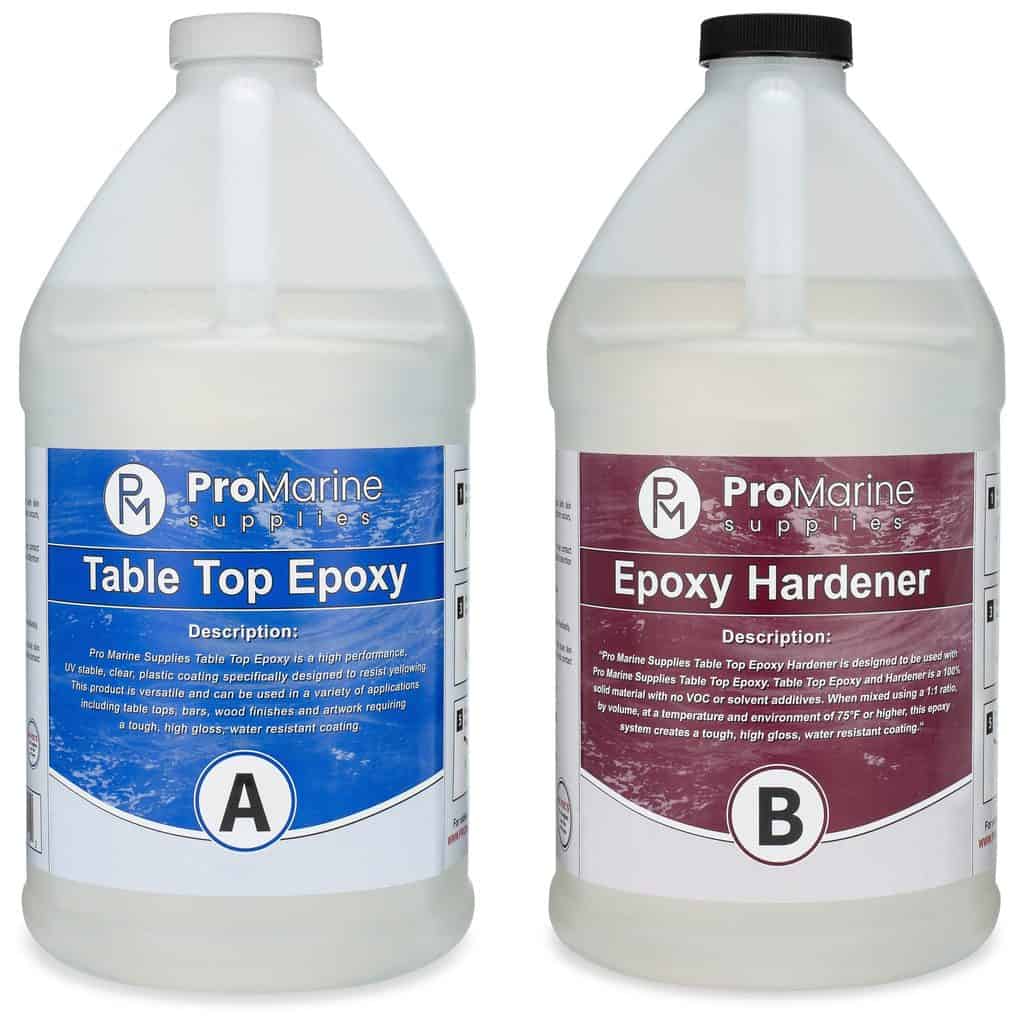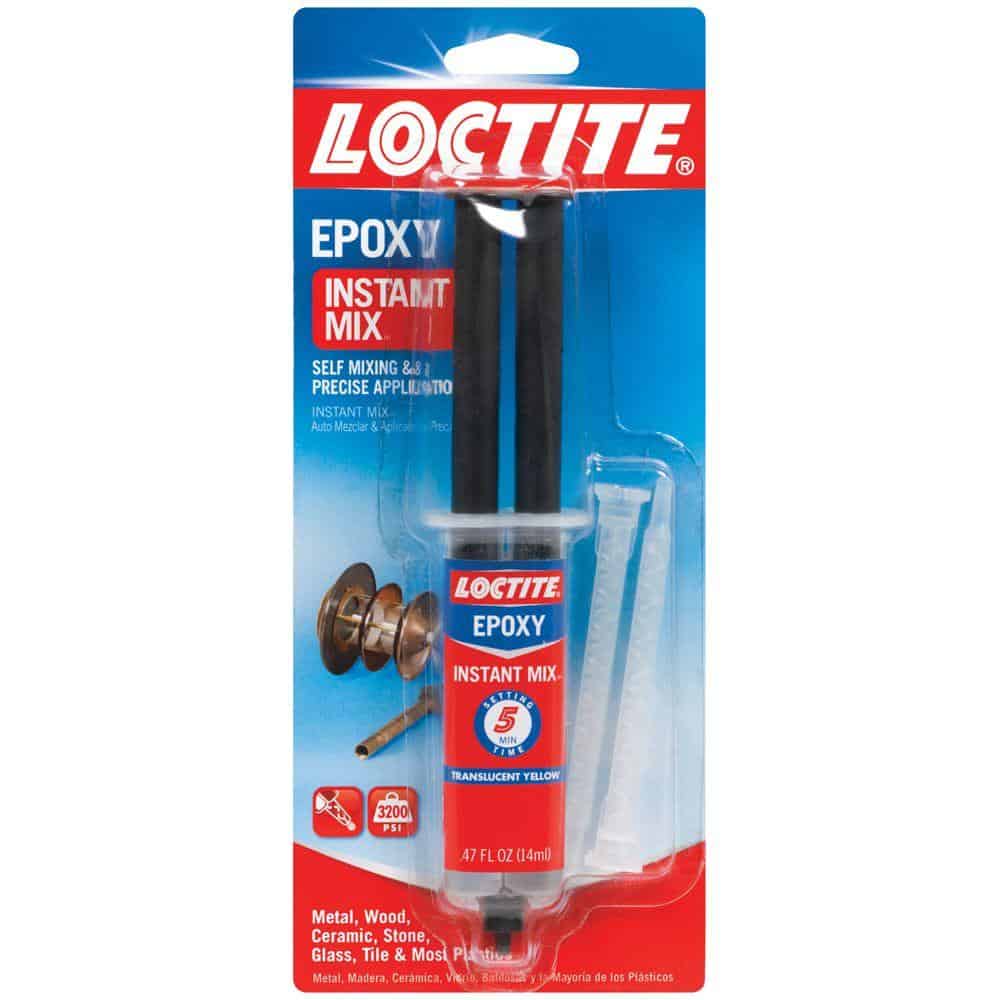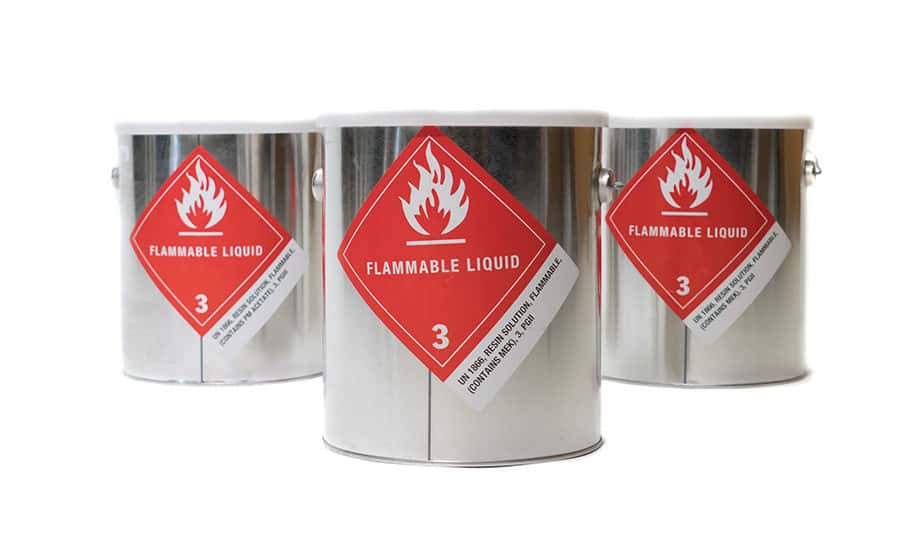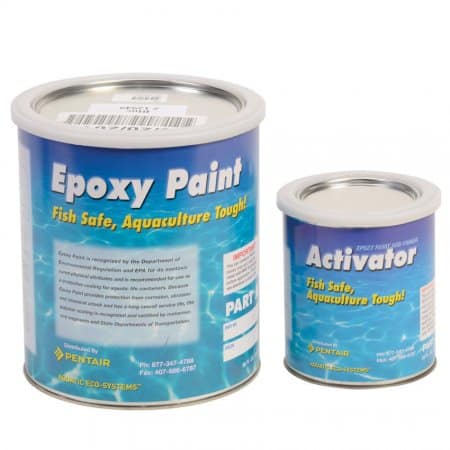Part 5: It’s Just…Epoxy
Published August 2019
A Guide to Common Products with Uncommon Properties
By: Nick Dryden

Part 5: It’s Just…Epoxy
This is part 5 of our It’s Just… series on common products we see in industry. In this series we will be focusing on the chemicals found in these products, where you might find them in your facility, and how these products should be handled for disposal. Quick Disposal.
These products are all very common and can be safely used by following the manufacturer’s instructions. However, chemical products can quickly become unusable through improper storage. After products are no longer usable, most are subject to disposal regulations and should not be poured down the drain or thrown in the trash. Improper disposal can pollute the environment, harm wildlife, and/or harm human health.

Epoxy: Where is it Commonly Found?
Epoxy is the common term for a group of chemical compounds that use a chemical reaction to cure or harden. They are commonly used as coatings and adhesives in a wide range of industries. Most common epoxy is sold as a two-part system, where the components are mixed together just prior to use. These products are commonly found in automotive shops, carpentry shops, and maintenance storage areas.

Epoxy: What’s Makes it Dangerous?
The resin portion is often a flammable mixture of chemicals that may be harmful if inhaled and harmful to aquatic life.
There are several different chemicals used as hardeners or catalysts. Some of the more common chemicals include amines, isocyantes, and peroxides. These chemicals may be flammable, toxic, reactive, and/or corrosive. All hardeners or catalysts react with the resin portion and generate heat and/or gases which could potentially cause a fire.

Epoxy: How to Properly Dispose of this Chemical?
Both the resin portion and the hardener are typically regulated as hazardous wastes by the US EPA and as hazardous materials by the US DOT. Due to the additional risk associated with the hardeners or catalysts, it is important to use or dispose of these chemicals prior to the manufacturer provided expiration date. Please contact our Hazardous Waste Team to put a safe plan in place for disposal of this chemical or any other chemicals you no longer want.